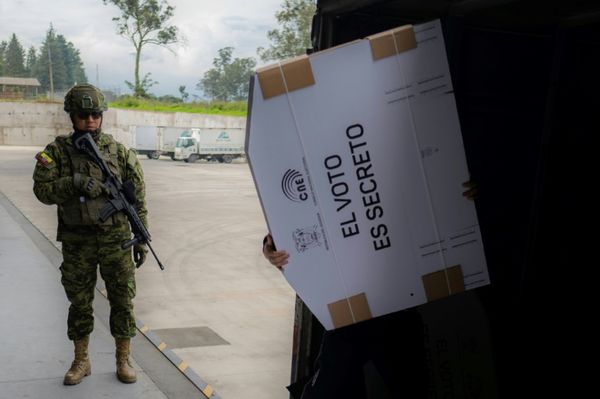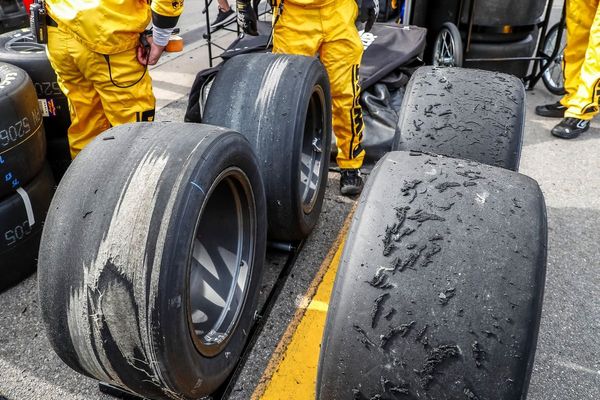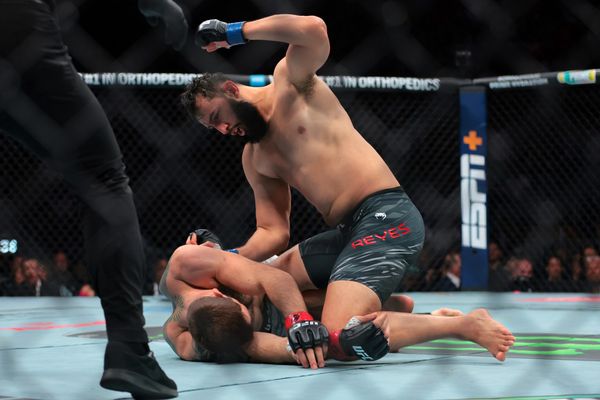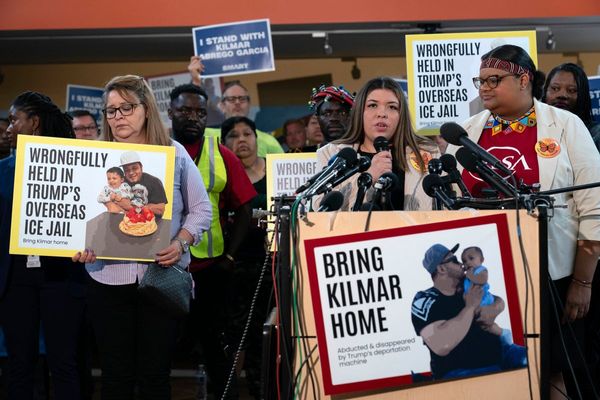
Prominent political and legal figures around the world have condemned the “outrageously unjust” imprisonment of three of Hong Kong’s best-known pro-democracy activists, calling on China to immediately free the “political prisoners”.
Joshua Wong, Nathan Law and Alex Chow – three leaders of 2014’s umbrella movement demonstrations – were jailed for between six and eight months on Thursday for their involvement in an “unlawful assembly” at the start of that historic 79-day civil disobedience campaign.
Wong, 20, was taken to a maximum security prison where inmates have complained of being forced to lick urine off the floor, pour boiling porridge over their heads and endure punishing physical training sessions, according to one local report.
In an open letter published on Friday, a group including the former Liberal Democrat leader Paddy Ashdown and the former UK foreign secretary Sir Malcolm Rifkind criticised the ruling as “an outrageous miscarriage of justice [and] a death knell for Hong Kong’s rule of law and basic human rights”.
Alarm has been growing over the perceived erosion of freedoms that had been guaranteed to the former British colony when it was returned to Beijing’s control in 1997 under the “one country, two systems” framework.
“Joshua Wong, Alex Chow and Nathan Law should be honoured, encouraged and supported, not jailed. Yesterday was a dark day for Hong Kong and it should be met with international condemnation,” the letter says.
It adds: “Yesterday’s verdict is not only outrageously unjust because these three young men had already served their sentences and because it strikes a severe blow to Hong Kong’s freedoms, but also because it robs three bright, intelligent, principled and courageous young men of more than half a year of their lives and potentially denies them a future in politics or other employment in Hong Kong.
“As former heads of government, parliamentarians, lawyers and civil society leaders, we stand in solidarity with these three brave young men, we condemn yesterday’s verdict … we call for it to be reviewed and for these three political prisoners to be released, and we urge the international community to put pressure on the governments of the People’s Republic of China and the Hong Kong Special Administrative Region to respect the principles of ‘one country, two systems’ and the Basic Law in Hong Kong.”

In their ruling, judges from Hong Kong’s court of appeal said they hoped custodial sentences would deter people from engaging in similar acts in the future. “If we don’t defend public order, society will easily fall into a state of anarchy,” said one judge, Jeremy Poon, according to a translation by the Hong Kong Free Press website.
On Friday, Hong Kong’s justice secretary, Rimsky Yuen, told Reuters there was no political motive behind the punishments.
However, critics attacked the judgment as a politically motivated manoeuvre designed to scupper the political careers of some of Beijing’s most vocal critics. As a result of their jail terms, Wong, Law and Chow are now disqualified from running for a seat in Hong Kong’s legislative council for five years. Last year four pro-democracy lawmakers, including Law, lost their seats after using a swearing-in ceremony to challenge Beijing.
Claudia Mo, a pro-democracy legislator, said the trio’s imprisonment showed Hong Kong’s “puppet government” had turned the former colony’s judicial system into a “political weapon” with which it was waging war on young activists.
“The ultimate aim is to shut them out from taking part in political elections here,” she said. “The fact that they targeted Joshua Wong – Hong Kong’s young international icon – shows they do not care about international perception anymore.”
The letter on Friday was also signed by the former president of the Maldives, Mohamed Nasheed, the US Republican congressman Christopher Smith, the chair of the Conservative party’s human rights commission, Fiona Bruce, the archbishop of Yangon, Charles Maung Bo, and the Malaysian politician Charles Santiago.
It praised the jailed umbrella movement trio for having led “one of the most peaceful and restrained movements of public protest the world has ever seen”.
Benedict Rogers, the letter’s organiser and the deputy chair of theConservatives’ human rights commission, said the protest leaders were “driven by a deep conviction” that Hong Kong deserved universal suffrage and full democracy.
He said: “I’m sure they will continue to try to find ways to continue the struggle ... That is their spirit.”
Hua Chunying, a spokeswoman for China’s foreign ministry, rejected the international criticism of the ruling.
“Hong Kong is ruled by law, and its citizens fully enjoy their own rights and freedoms. However, nobody can use the guise of ‘democracy and freedom’ to conduct illegal and violent activities [or] movements,” she told reporters.
Hua claimed the judgment had been “based on facts and in accordance with local law”.
“China is strongly opposed to any external forces interfering in Hong Kong’s affairs and its judicial independence,” she said.
Additional reporting by Wang Zhen







